It’s who did not come back. I’m not the hero– it is the men who died there [in combat] are the heroes.
By Alorah Saldana-Vigil
Eugene T. Muniz didn’t mince words when it came to the significance of Veteran’s Day.
“It’s who did not come back,” the World War II veteran said. “I’m not the hero– it is the men who died there [in combat] are the heroes.”
Muniz was born on Nov. 15, 1919 in Sugar City, a small community in Crowley County. Growing up, he worked on the beet farm that the city had established in the early 1900s. This town was thriving off this sugar beet mill and got its name from the booming business.

“I sent a letter home telling them I had been drafted and I was going to war,” he said. “I went overseas. It took about 23 days to get to Australia.”
He said it took one truck and one train to get to the town of Adelaide.
“It was cold,” Muniz said. “We used tents but they weren’t very good. You know sacks? [potato burlap sacks] They threw us a sack and said ‘fill it with straw.’ That was my mattress for my stay”
Muniz looks at Veterans Day nonchalantly now, but with a man as decorated and respected as him, you can understand why.
“I got some medals from the GI which I already had, but it was a presentation,” he said. “That was with my letter.”
He was presented with a letter from the Secretary of Veterans Affairs in Washington, D.C., in February of this year. They thanked him for his service and wished him a happy 101st birthday. They also presented him with an Army service coin.
During his deployment in Australia, he recalled adamant details about how he never got a shower, explaining that it was going about 120 days without one. The troops never got a change of clothes and supplies were scarce.
“There were no tables to eat at,” he said.
Muniz remembers watching the supplies drop from the sky and running to get them because it was first come first serve.
“Cigarettes came and they [the troops] wanted them. Four [cigarettes] came in them [rations],” he said. “We carried over 60 pounds with us and all of our ammo [ammunition] dropped more to us if we needed it.”
“A lot of them were drinkers and smokers, but I never really was. I wanted to get out.”
Muniz ran into trouble for going AWOL. During this time he caught malaria and was at an Australian hospital receiving treatment for about 12 days. The Army picked him up from the hospital and took him back to his company to complete his duty.

By the end of his term in 1945 he weighed about 110 pounds but was just happy to not be in those terrifying combat situations again.
Muniz is a decorated Veteran, having earned a plethora of medals including the victory medal, a Bronze Star for heroism and a Purple Heart.
He is the last surviving member of his military friend group. Known as a jokester who loves to spend his time playing card games, he said he has no greater aspirations for his upcoming 102nd birthday than “to go dancing.”




![Eugene T. Muniz, a World War II veteran, served four years in the Army before being honorably discharged as a corporal. The Puebloan will turn 102 on Monday. [Today photo/Alorah Saldana-Vigil]](https://socostudentmedia.com/wp-content/uploads/2021/11/IMG_1343-scaled-e1636584913100-1035x1200.jpeg)
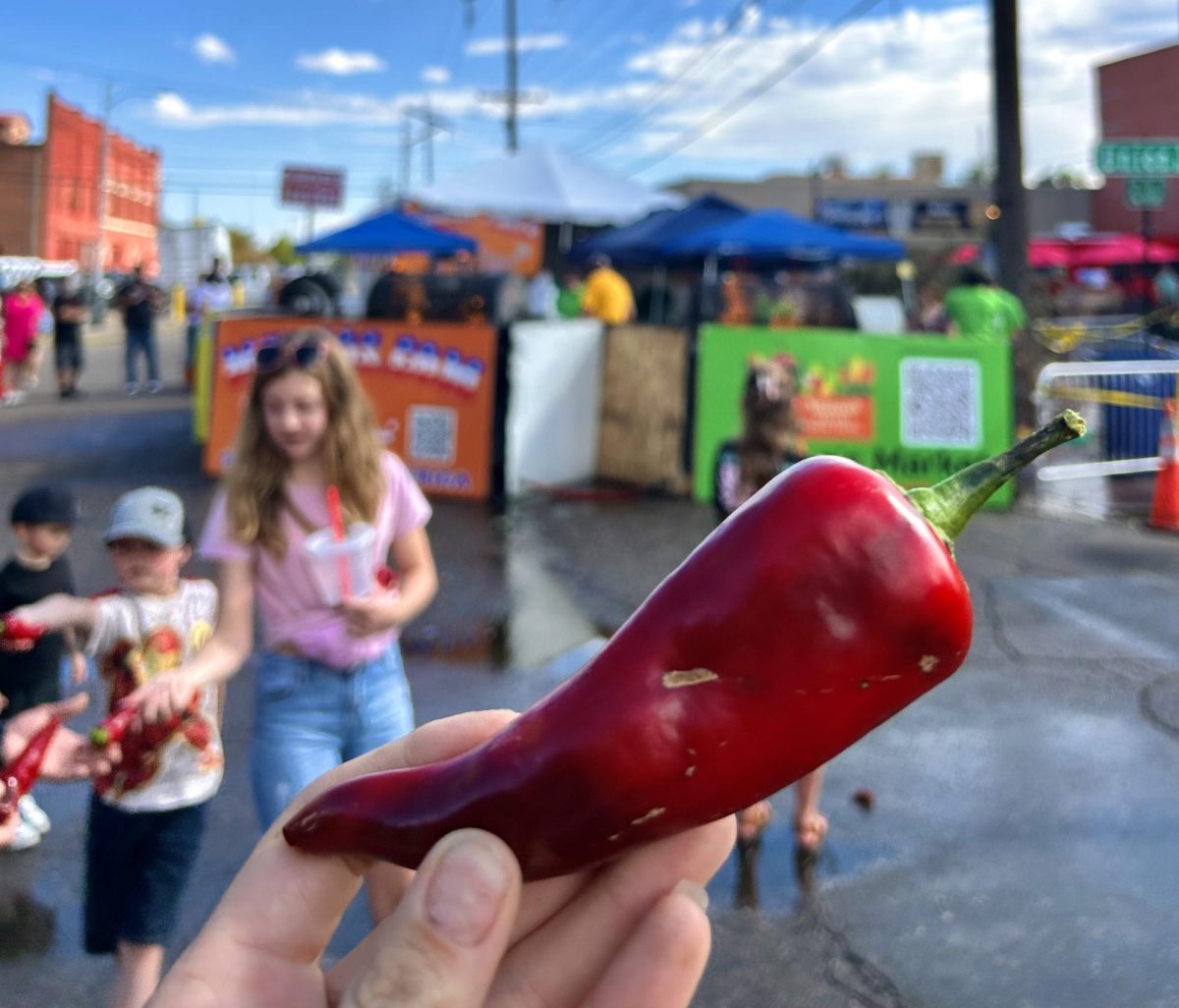



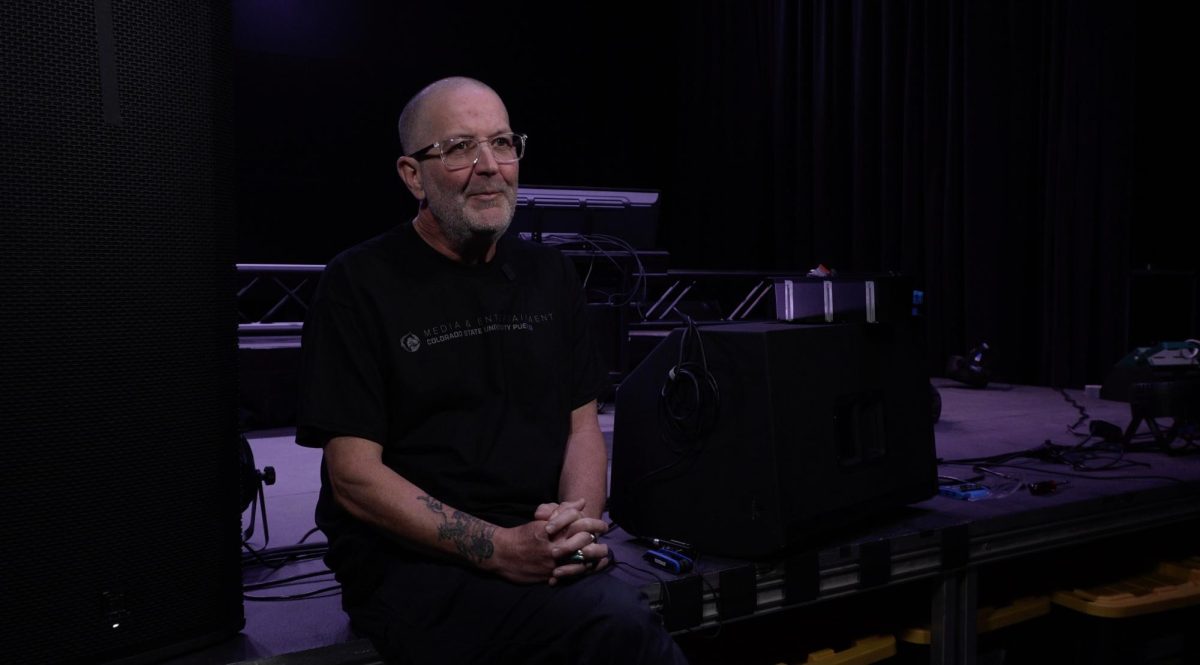
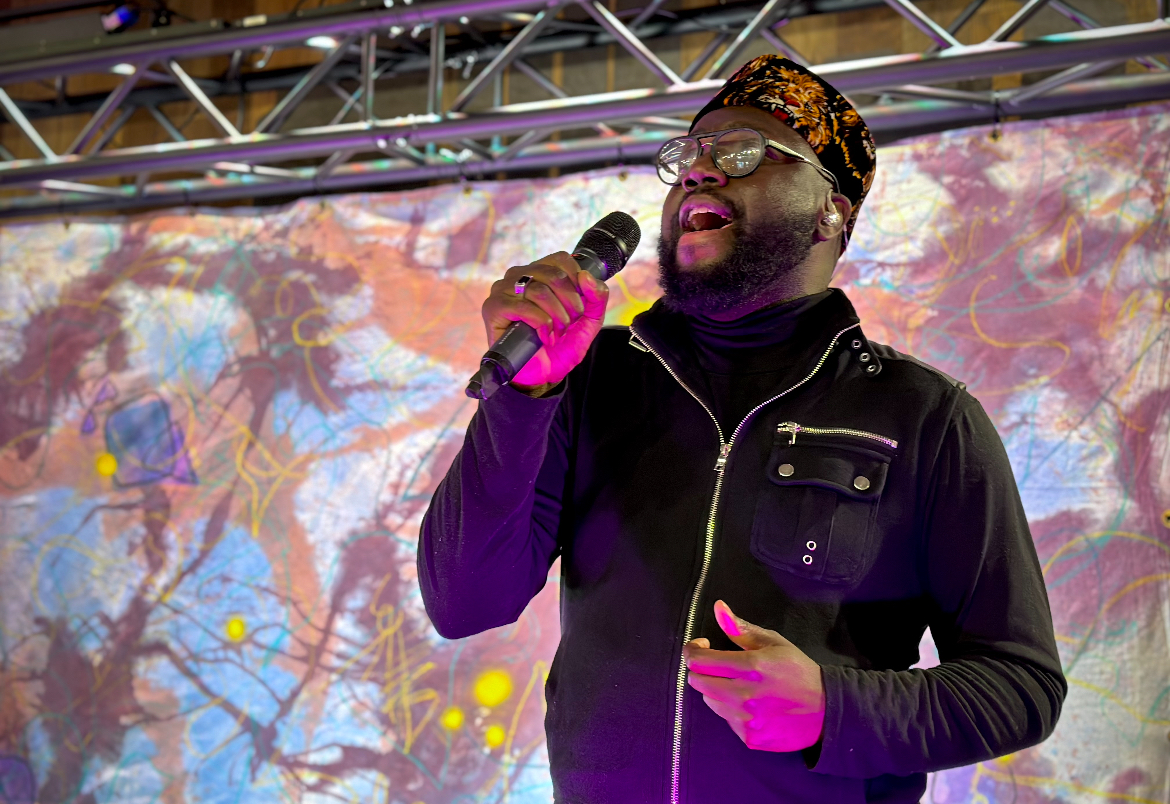




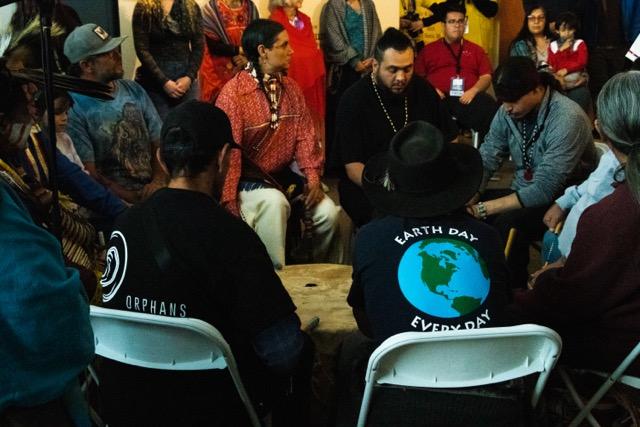

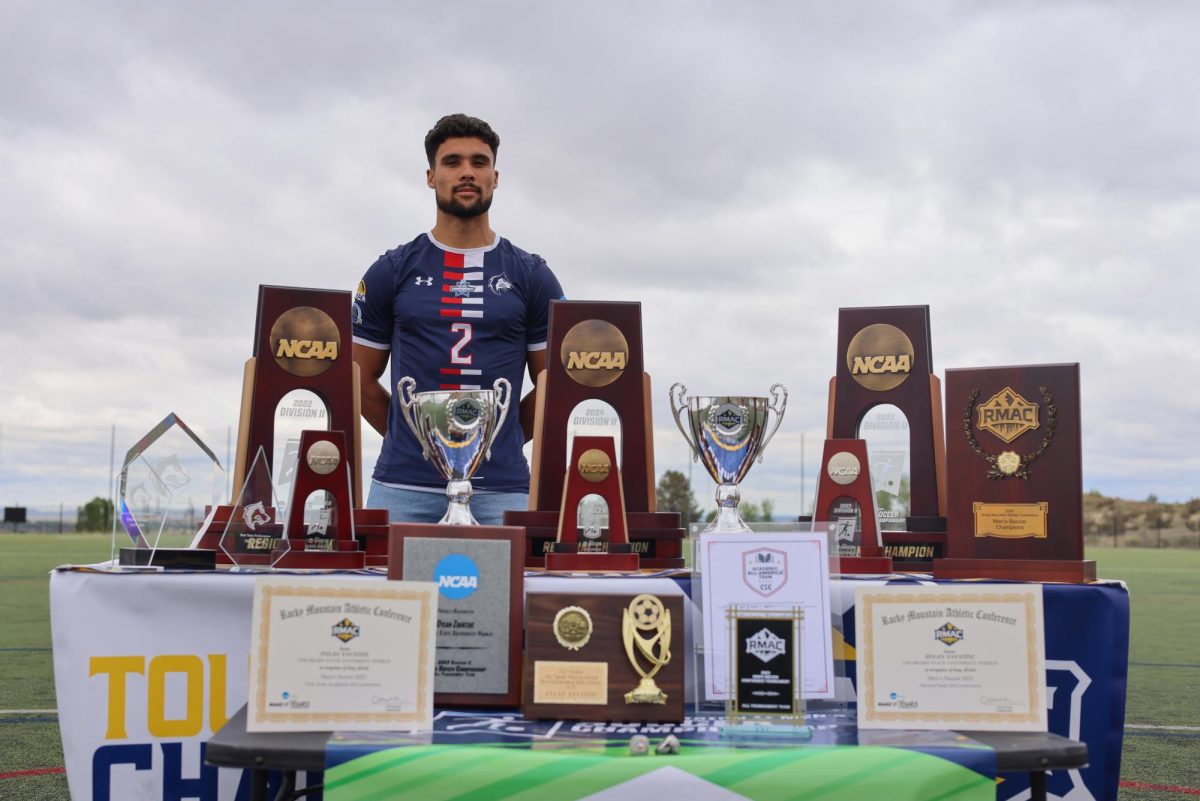

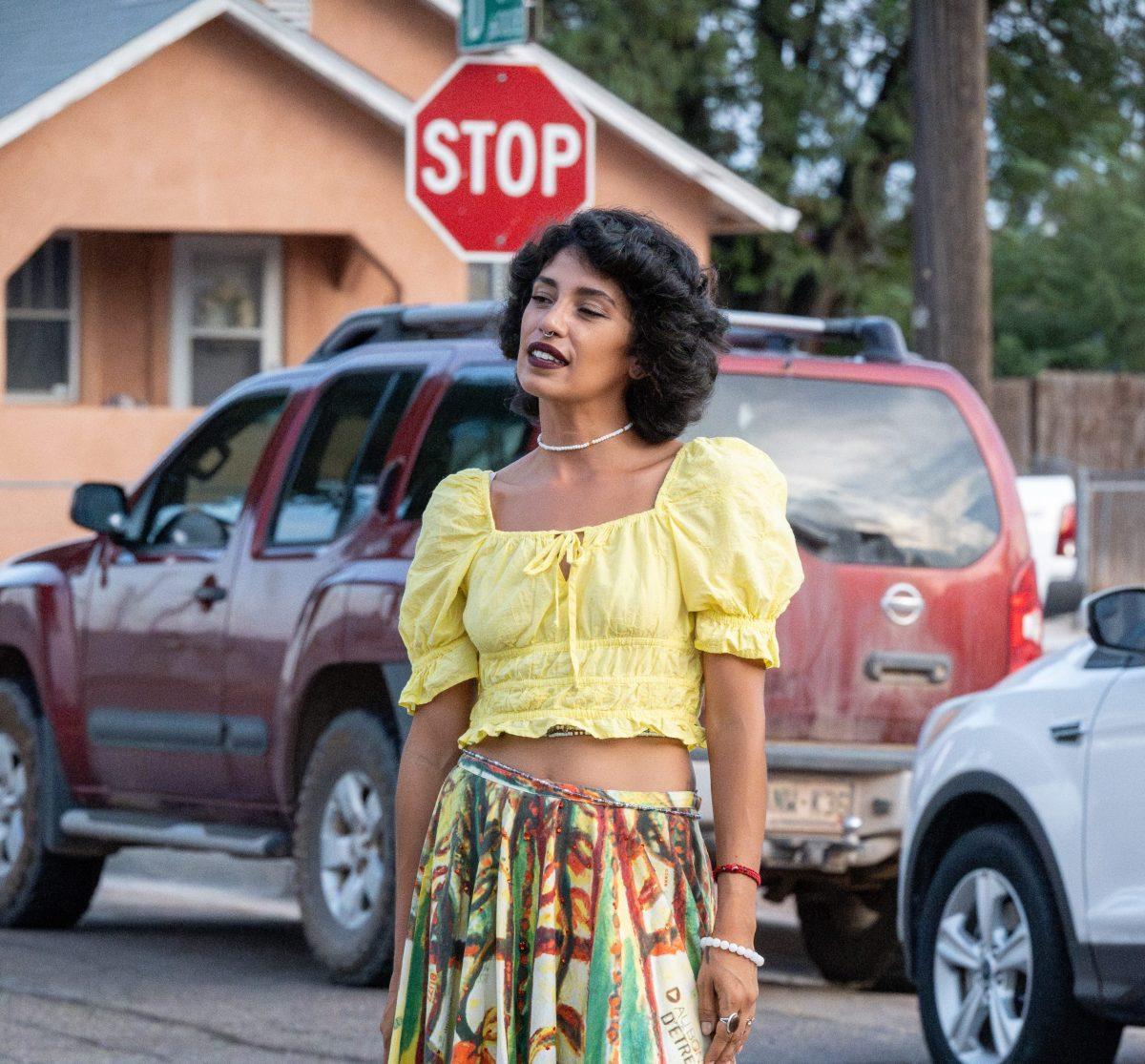
![A firefighter stands in the smoke of the June 3 Lake Minnequa Fire while a firefighting helicopter passes overhead. [Today photo/file/Kimmy Reinhardt]](https://socostudentmedia.com/wp-content/uploads/2022/06/284636131_2489009947902060_3475629797326615982_n-scaled-1-1200x900.jpg)
![FFA delegates line the stage at the Massari Arena June 9. [Today photo/Cassime Joseph]](https://socostudentmedia.com/wp-content/uploads/2022/06/Untitled-2.png)
![The Posada of Pueblo staff is a small-but-mighty team of women leaders who work for the city's most vulnerable members. [Today photos/Brianna Sammons]](https://socostudentmedia.com/wp-content/uploads/2022/03/IMG_6710-scaled-1-1200x800.jpg)